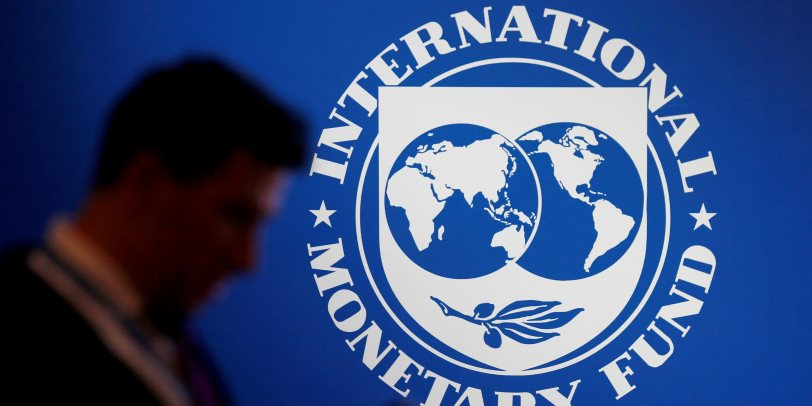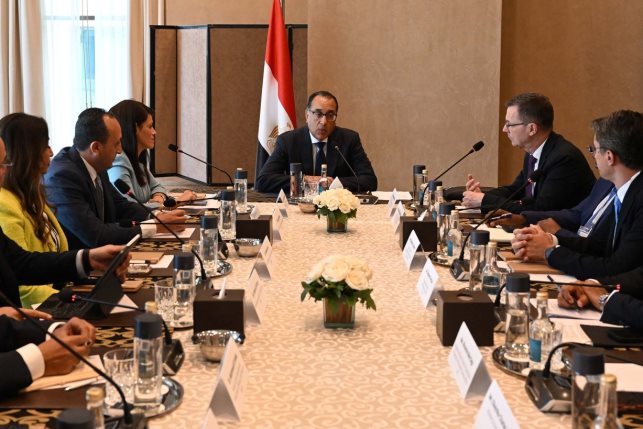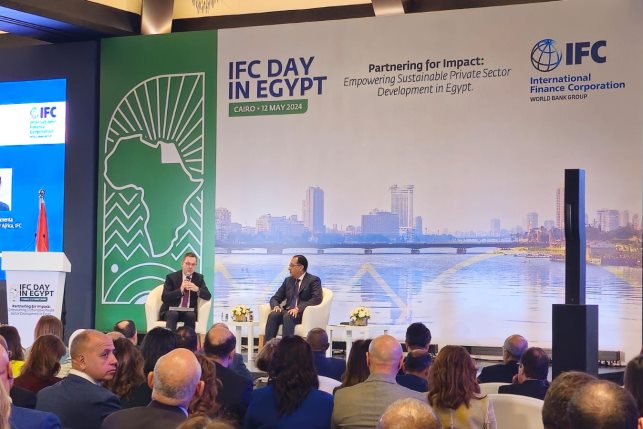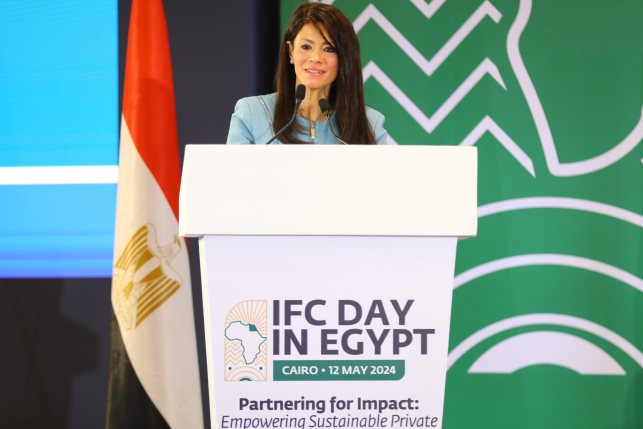Egypt completes 7/15 benchmarks of IMF loan, to potentially receive $820M in June
According to the IMF report, Egypt has achieved 7 out of the 15 structural benchmarks/commitments outlined in its ongoing $8 billion Extended Fund Facility (EFF) loan program with the IMF

Egypt could receive $820 million from the International Monetary Fund (IMF) starting June 15, following the Fund's 3rd review of the loan program in the same month and the fund’s agreement to "better align access with review cycles under the program,” according to a recent IMF report published over the weekend.
According to the IMF report, Egypt has achieved 7 out of the 15 structural benchmarks/commitments outlined in its ongoing $8 billion Extended Fund Facility (EFF) loan program with the IMF.
In late March, the IMF's Executive Board extended a $5 billion package for Egypt's loan, completing the long-awaited first and second reviews, enabling Egypt to access $820 million.
Delays in the review process, initially approved in December 2022, continued for over a year due to Egypt's challenges in meeting its commitments amidst global and regional economic strains.
The IMF attributed the delays to policy setbacks, particularly the return of a fixed exchange rate in February 2023, which undermined the credibility of Egypt's shift to a flexible regime. The report noted that this led to foreign exchange shortages, inflationary pressures, and constraints on imports, which slowed economic growth.
The report highlighted that failure to adjust monetary policy to rising inflation, coupled with continued heavy investment in national projects, further strained the economy. External pressures from the war in Gaza and Red Sea trade disruptions also widened Egypt's financing gap, impacting real GDP growth, foreign exchange availability, investment, and the non-oil private sector.
The report noted close to a 50% year-on-year decrease in Suez Canal revenues in January 2024, amounting to around $375 million in losses compared to January 2023. Despite reduced remittances and foreign exchange, the current account deficit narrowed to 1.2% of GDP in FY2022/23 due to compressed imports.
Egypt fulfilled 7 commitments of the agreement, including the cancelation of letters of credit for importing. However, this did not achieve its intended goal of removing import demand rationing.
Another condition was the State Ownership Policy, published and implemented in 2023, which the IMF stated would “include a commitment to competitive neutrality.” The report also noted that Egypt had completed amendments to competition laws governing mergers and acquisitions.
“All missed structural benchmarks have been reset with the exception of one on release times at the ports and another on conversion of land records to an electronic register as they are no longer critical for the Fund supported program and the removal of which allows space in the program’s structural conditionality for more pressing priorities,” the report added.





